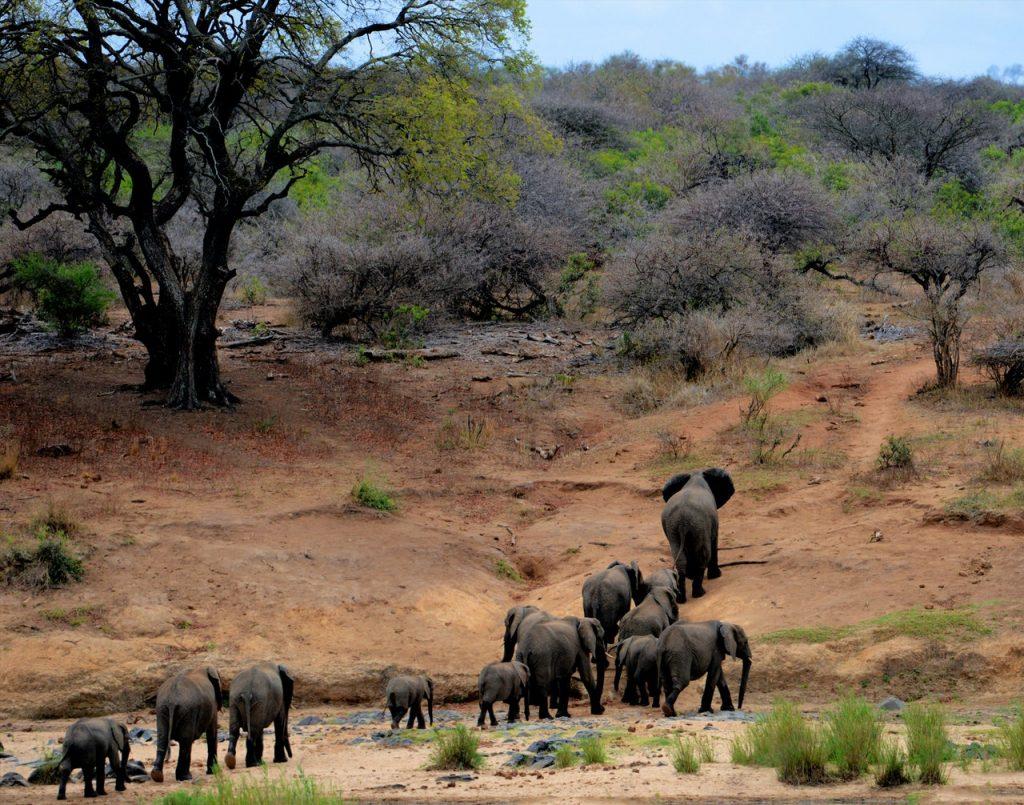African elephants still endangered by ivory poaching and now by loss of habitat
The number of forest elephants has fallen by more than 86% during the past three decades.
Just In
The illegal ivory trade coupled with loss of vital habitat constitute a previously underestimated threat to Africa’s elephants.
African forest and savanna elephants are now critically endangered, the International Union for the Conservation of Nature (IUCN) is reporting.
The number of forest elephants fell by more than 86% during the past three decades, and the number of savanna elephants fell by at least 60% over the past 50 years.
The situation differs from country to country. In Botswana, for example, it has been argued that there are so many elephants that the ecosystem cannot naturally support them. But, on a continent-wide scale, the pachyderms are in serious decline.
Ben Okita, who co-chairs the IUCN elephant specialist group, called the latest assessment an “alarm bell”.
Poaching elephants for ivory remains a “significant driver” of the decline, he told BBC News. “But there’s another silent killer that requires a very high level of attention – that’s land degradation and fragmentation.”
The conservationist said, “It’s a big challenge for species that require very large areas and that move long distances. Wild animals do not know international borders, and so to turn things around, we have to cooperate across those borders and to plan for better land use.”
Where animals share that land with humans, he said, it is important to use it in a way that is compatible for them.
“I know the will is there with African governments and with the communities that live alongside these animals.”
Isla Duporge from the Wildlife Conservation Research Unit at the University of Oxford, said, “While on the surface this looks bleak, the fact it’s being flagged is actually positive.”
Wildlife conservationists say that clearing animals’ habitat, particularly to rear livestock, for example in the Brazilian Amazon, and to develop plantations, as in Borneo where huge areas are being deforested, is the biggest threat to already diminished animal populations in many areas of the world.
Subscribe to our newsletter
To be updated with all the latest news and analyses daily.
Related Articles
No articles found.
Most Read
No articles found.
